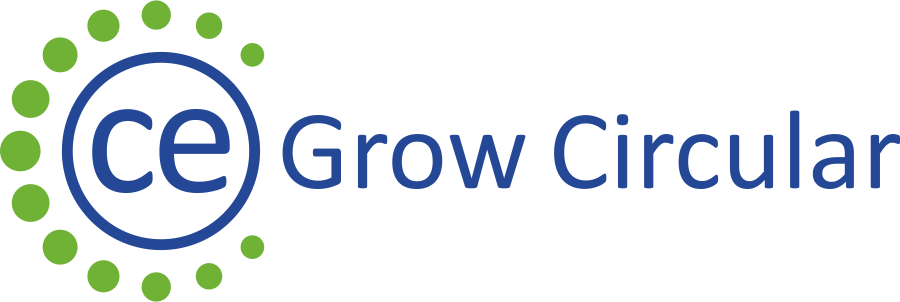Portugal
Portugal created a national action plan with 7 key objectives.
- design, repair, and reuse
- incentivizing a circular market
- educating for a circular economy
- eating without wasting
- giving waste a “new life”
- regenerating water and nutrient
- innovating for a circular economy
Portugal is tackling this action plan on many levels, one of them is the legal level, as laws are put in to place to better manage wastewater.
Portugal founded a central agency which controls, and guides water useage, the AdP (Aguas de Portugal), this agency has the mission to balance sustainably with cost efficiency. The AdP must seek continuously improvement and find new solution. As the AdP is a public holding group, they always have to work in the public interest and have to focus to improve the public relevant objectives. Dialogues and discussions in the workgroups are always appreciated and can lead to new ideas.
The three mayor short term goals of the AdP, are reduction of sludge, water reuse and energy neutrality.
With the reduction of sludge Portugal hopes to improve the efficiency of their water treatment facilities and reduce the sludge production by 50 %. This should be accomplished by using sludge as fertilizer or energy source. Second, they want to reduce their water shortages, by reusing more water. The last goal is to be energy neutral by 2030, this should be accomplished by reducing energy consumption, raising energy efficiency, and cutting water losses, to lastly be completely powered by regenerative energy resources. [8]
Granada, Spain
Another example is Granada, as Spain put aside funds for the SRTRP, the Spanish Recovery, Transformation and Resilience Plan (España Puede) to tackle their outdate water supply system.
The Covid pandemic and the resulting lack of tourism gave especially Granada time to reshape its urban policies. Granada aims to achieve this by transforming their wastewater treatment facility into a bio factory, to reuse wastewater as an energy source. Further Granada wants to implant activities to reduce waste and reuse natural resources. Lastly, they want to close loop on value chains to decrease the waste on not used materials. In the future Granada also wants to design their infrastructure in more circular and sustainable way, to prevents lock in of materials and to consequently boost their efficiency as city. [5]
Singapore
Singapore has no natural water deposit but is one of the most advanced cities/countries in water recycling and reuse. With 40 precent of recycled water used, Singapore has one of the highest rates of recycled water. Singapore’s water project not only includes the agenda of recycling water but also education.
This project is called NEWater, with which Singapore aims to reuse more water, increase recycling of spend water and educate their citizen about the correct use of water.
Singapore reclaims their water by collecting it with storm silos or by converting sea water into drinkable water.
The other part of the project is education, by change the public opinion on recycled water, Singapore aims to convince more citizen to use recycled water and reduce bias of recycled water, as well as increase the awareness to be more resourceful with water in general. The campaign aims to expand its water recycle rate from 40% to 55% till 2060. With the additional goal to generate new technologies and jobs for Singapore’s inhabitants.[3]




